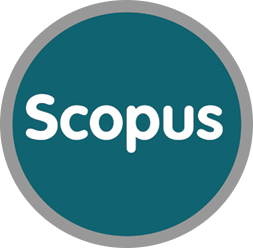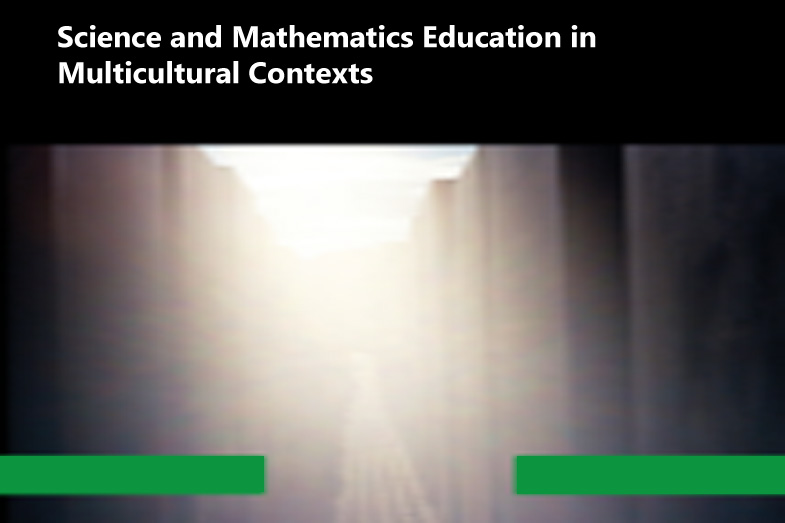Abstract
This chapter presents a comprehensive review of the literature from several angles related to inquiry-based learning (IBL) instruction. IBL is one of the most substantial key elements of many reform efforts in science education because of its impact on accelerating students’ acquisition of scientific skills within the spectrum of 21st century skills as well as enhancing students’ achievements through overcoming misconceptions, and acquiring the essential content knowledge which can be measured by standardized tests. Particular attention is paid to the historical and theoretical research backgrounds that shed light on IBL, followed by the nature of IBL and its effectiveness on education. Constructivism is then compared to IBL as an active learning instruction. The relationship between IBL and student acquisition of scientific skills is discussed as well. Factors affecting its implementation and IBL between theory and practice will be briefly mentioned. Finally, the relationship between TIMSS and strategies of inquiry model is interpreted.
Key Words:
Inquiry-based Learning; TIMSS;Science Education; Instruction; Scientific skills
Reference
Eltanahy, M. (2021). Inquiry-based Learning in the Context of TIMSS. Forwai, S. (2020). Science and Mathematics Education in Multicultural Context. Common Ground Research Networks. doi:10.18848/978-1-86335-225
| File Size: 22.7 MB | File Type: PDF | View / Open |










